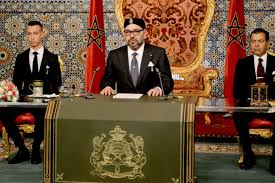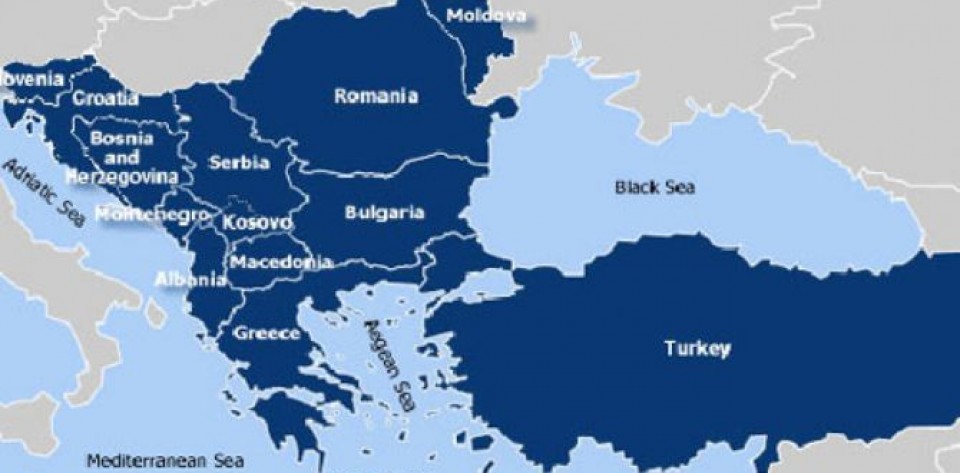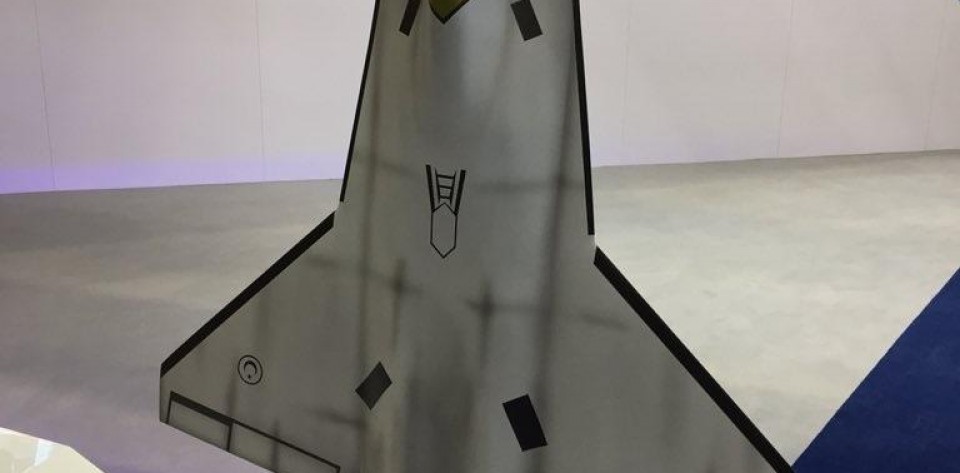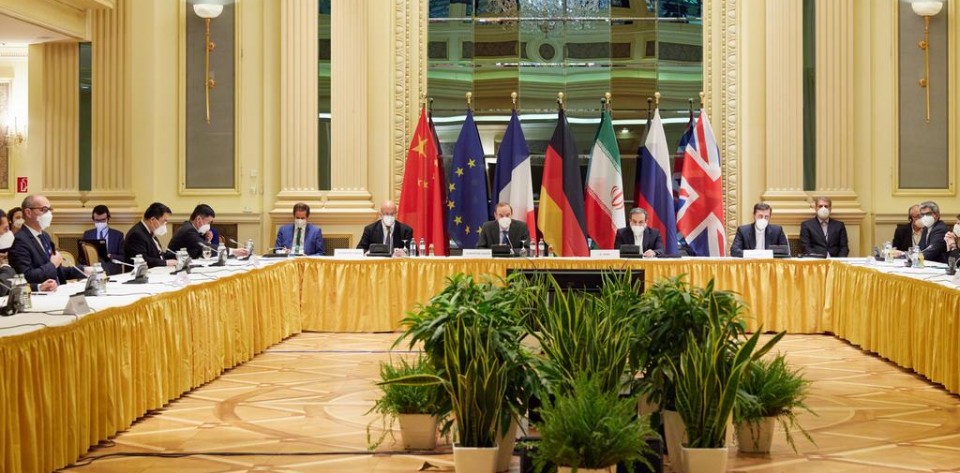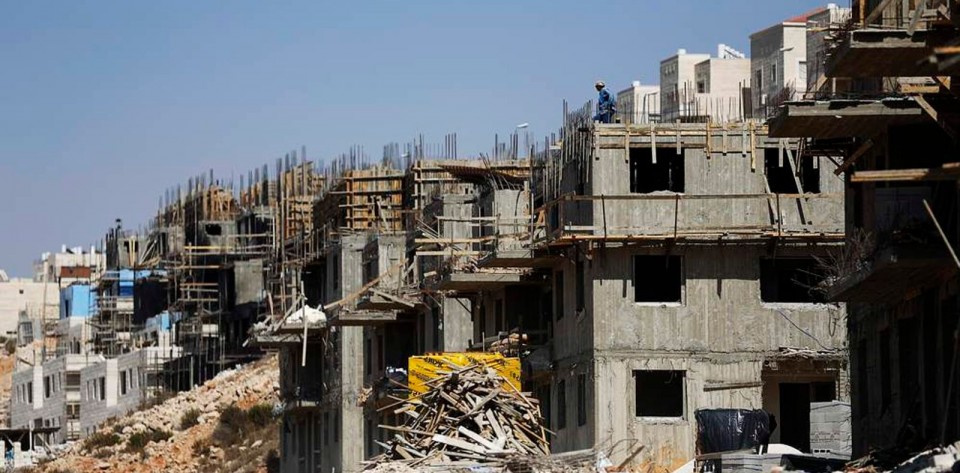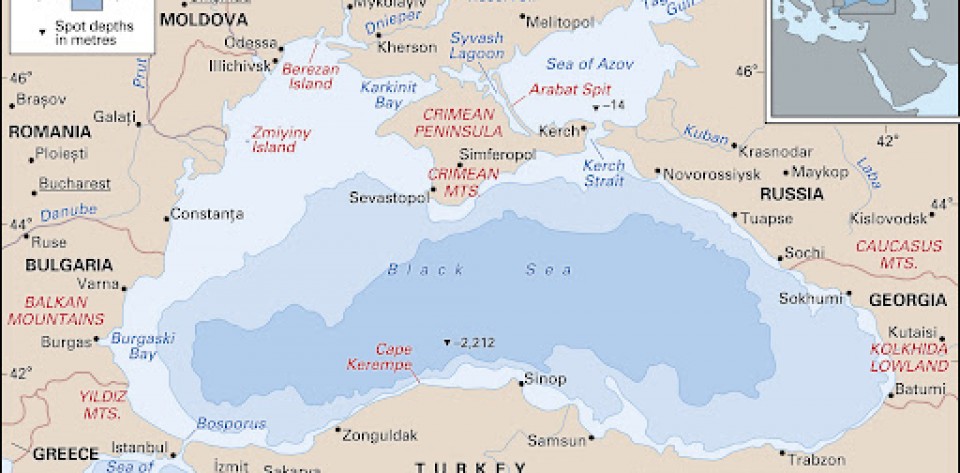While U.S. was in the region (or as it was before), the Arab nations might have the opportunity to have connection with Israel behind the U.S. existence or while U.S. served as coordinator and bridge. Without U.S. coordination and curtain, these countries cannot work together.
Since the Arabs trust U.S. existence in the region, they have considered that U.S. would guarantee their security forever. Since U.S. has decided to put all its interest on rising China, neither Iran nor Arab states cannot be sure what or how a Middle East absent of U.S. would look alike.
Following United Arab Emirates have recognized diplomatic relations with Israel, Sudan, Bahrain and now Morocco followed the same path. Of course, it does not come out of affection. U.S. has taken Sudan from the list of state sponsors of terrorism and Sudan has recognized Israel and Morocco joined after U.S. has justified Morocco’s claim to Western Sahara.
Previously, Iran enjoyed the Arab nations having problems with U.S. and Israel. Thus, Iran could create an environment where there will be no major threat to its national interest while Arab nations have also conflicts among each other. However, Iran has les room to maneuver now while Arab nations are obliged to negotiate with neighbors rather than looking at U.S. security umbrella.
In the rest of the world, an recognition Israel by an Arab nation might be considered as peace coming to region but the reality is different. There are many factions that are very hostile to Israel in each Arab country. That is the main reason why Saudi Arabia hesitates to establish diplomatic relations with Israel.
On the other hand, it leaves Iran in an extremely difficult position. An alliance between Israel and Arab nations put Iran before a hostile environment. Iran will do its best to encourage internal opposition within these Arab nations to raise against an alliance between Arab nations and Israel. Thus, would create tension between Arab nations and Iran and even with Israel.
However, an unsolved Palestinian problem leaves Arab countries also exposed. Iran and even Turkey try to portray themselves as the only champion of the Palestinians and the only rival of Israel. That leaves Arabs exposed claim such as betraying the Palestinians who are one of their own.
Iran is under pressure from U.S. with sanctions. Even president-elect will not quit the sanctions. However, it is likely that U.S. will bring a new nuclear deal which might be opted by Iran due to its economy. This, would ultimately ease the tension in the region while more Arab nations will recognize Israel. Iran is facing with hostility and it has to do something to reduce this alliance against itself. The new nuclear deal would be a great diplomatic success to reduce such tension while it might consider opening its economy to foreign investment. However, it shall be remembered that such move would not be appreciated by Russia since such deal would reduce the oil price which would impact Russian economy negatively.
In Middle East, the balance of power lies between many different players which have different reasons for different gains. Alliance can be for short term and mostly not beneficial in long term. But threats remain all time.

